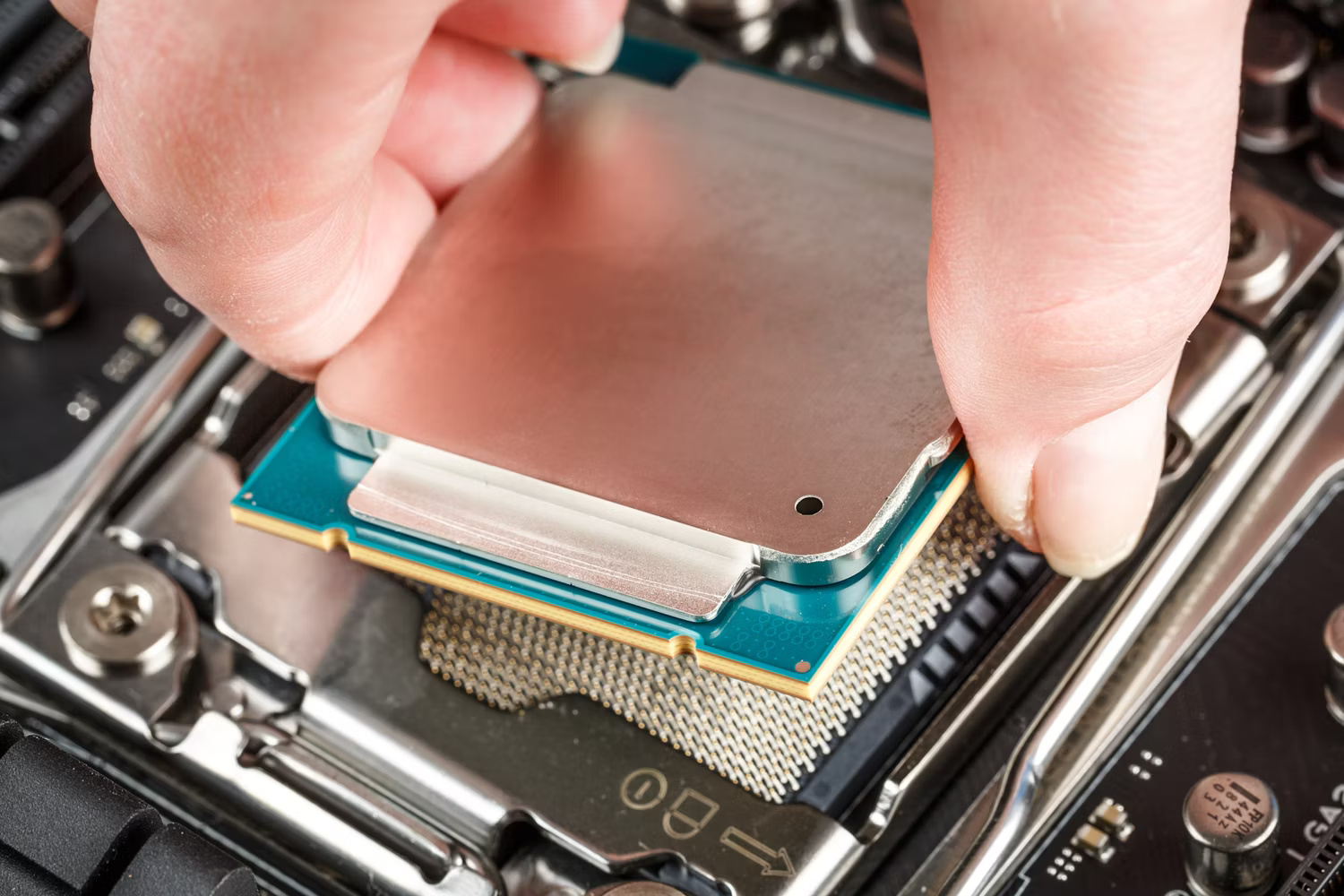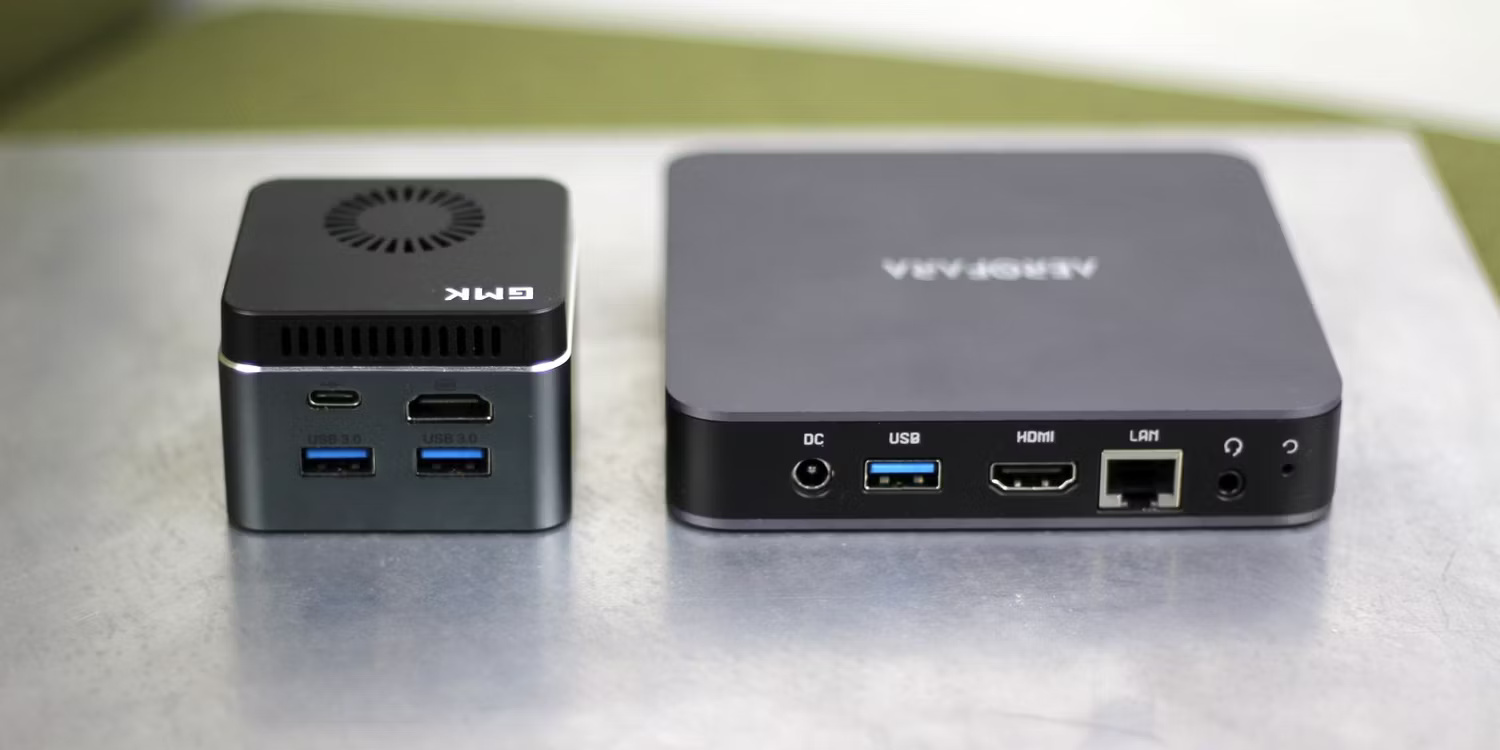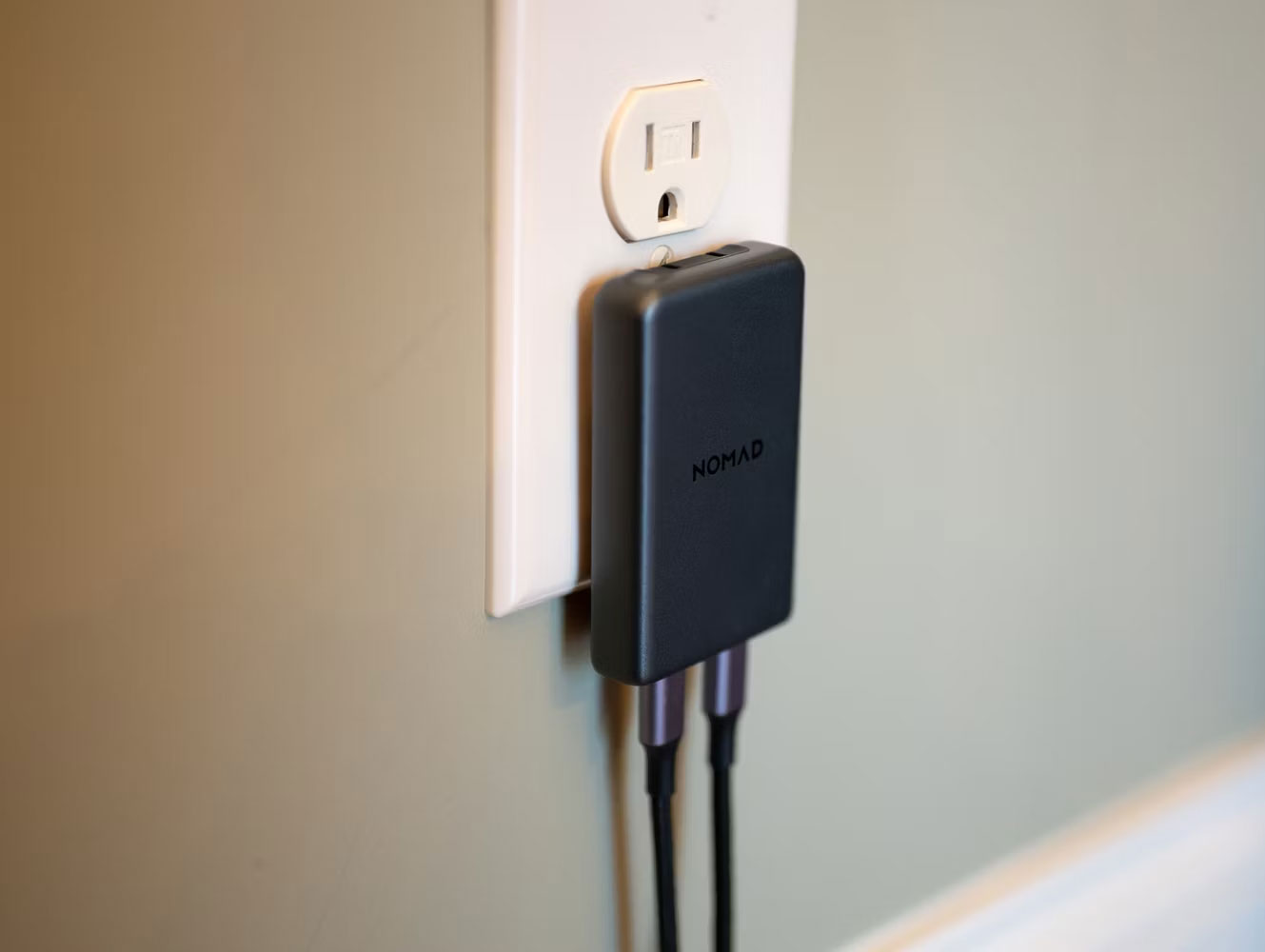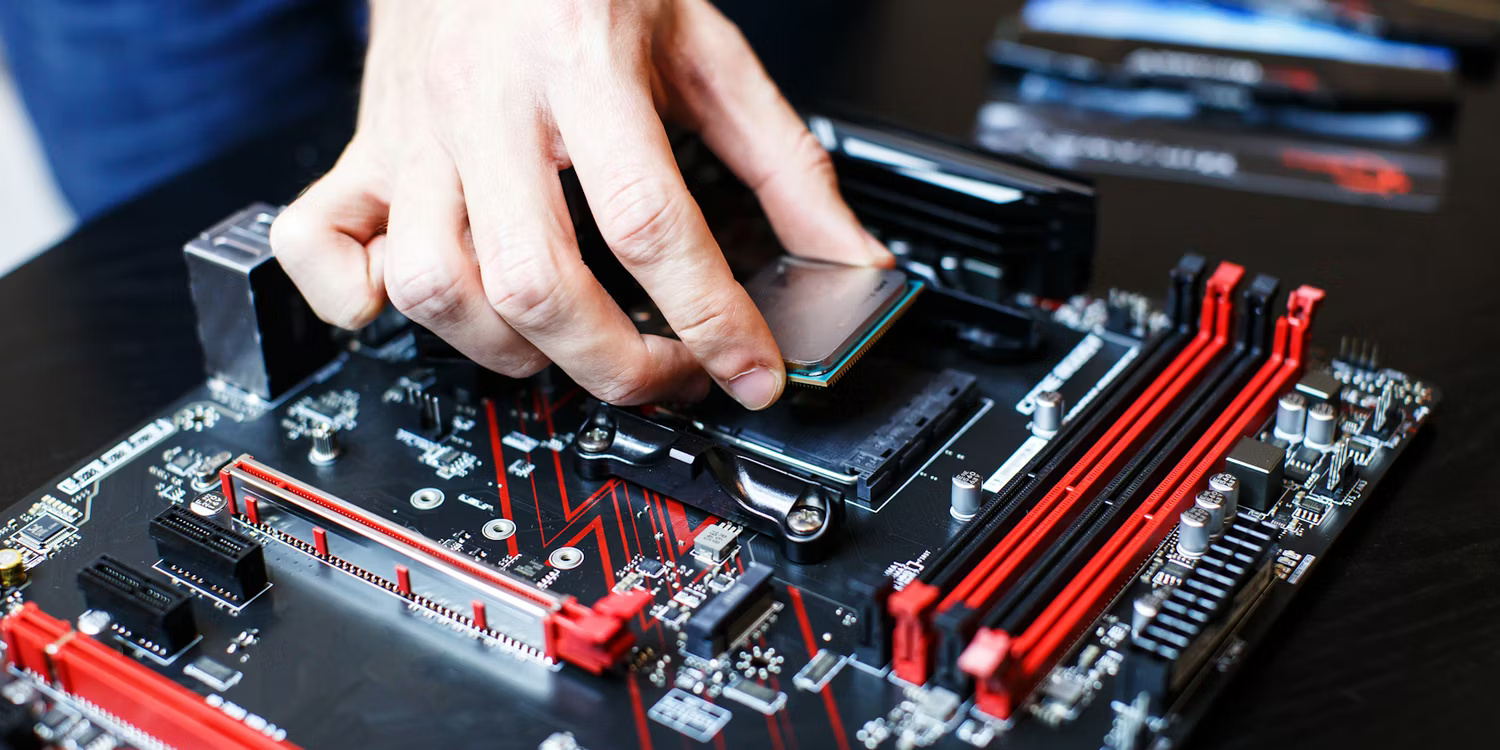Don't buy more CPU than you need!
The author is writing this article on a laptop with Intel Pentium N5030. This isn't a brand new powerful CPU, but after several years, it still performs well. Turns out, a low-power CPU might be all you need.
A low power CPU is good enough for most people

Most of us don't buy high-end PCs or high-end phones. If you don't work on your computer every day, you probably only really use it to browse the web, communicate, review the occasional document, and watch videos. None of these tasks require a powerful CPU. Web browsing is the most demanding of these tasks, but you can usually improve that situation by buying more RAM, not more CPU cores.
Even when we regularly work on our PCs, most of us spend the entire day using a browser. We often use Slack, Teams, Outlook, and Google Docs, all tasks that a low-power Chromebook can handle. When you start compiling code and running powerful applications, you truly understand the limitations of a weak CPU. If that's your daily need, then buy a more powerful CPU.
There is another big exception, gamers. Most of us aren't trying to game on PC (PC gaming is a minority compared to consoles and mobile devices), but if we want to, then buy a more powerful processor. Do so when there is a clear reason!
A weaker CPU saves money

Many of us associate weak CPUs with cheap, low-quality computers. However, it's often not the processor that detracts from the experience. Many companies combine low-power CPUs with only 4GB or 8GB of RAM, slow hard drives, and low-resolution screens.
You can buy a mini computer for under $200 from a company like Beelink. Then you can plug this computer into a 4K display, connect one of the best Bluetooth keyboards, and get yourself a fancy mouse. Now you'll feel like you have a premium computer without having to spend hundreds of dollars more on a more powerful CPU that you don't actually need.
Reduce electricity bills

TDP or Thermal Design Power (not to be confused with TGP) is one of the first details to consider when buying a new computer. This number tells you the maximum power your computer's cooling system can handle and how much electricity it will consume per hour.
Having a lower TDP will help you lower your monthly bills if you live in an area with expensive energy costs. Likewise, if you're trying to build a solar-powered, off-grid home, this will help reduce the number of panels you need and put less pressure on the inverter.
The fanless chip can operate completely silently
The chips in phones and tablets are slightly different from the chips in PCs. ARM processors do not have fans, so they do not make any noise, while most Intel CPUs require fans to achieve similar performance.
However, Intel offers CPUs that are designed to be used without fans. These low-power Intel N-series CPUs are found inside affordable mini PCs and laptops. Silence is part of their appeal, making them well suited to people who share offices. Some of us, after getting used to silent computers, don't want to go back to hearing the fan whine every time we browse the web.
Not all fanless chips are cheap. The lack of fans is part of what makes Apple Silicon and the latest generation of Qualcomm Snapdragon X Windows computers impressive. However, they cost up to 1000 USD. You can buy a low-power Intel CPU or even a single-board computer like the highly versatile Raspberry Pi and enjoy quiet computing at a much lower price.
Better battery life
The laptop has a TDP of 6W, meaning it can get power from a small 30W battery. If paired with a larger battery, battery life will last even longer.
Unlike desktops, we don't have the ability to choose all the components when buying a laptop. Even the Framework doesn't let you install any battery you want. Unlike batteries, we can decide which CPU we choose. If you have to consider between an Intel Core 3 processor and an Intel Core 7 processor, battery life is one reason to choose Intel Core 3. Lower performance usually means less need for the battery.
The old CPU is still powerful enough so far
Honestly, CPUs have come a long way. However, to prove that computers really need very little processing power, try installing Linux on a laptop from 10 years ago. Chances are, it still runs very smoothly. The usefulness of a laptop depends largely on whether it is an old machine with only 4GB of RAM or a spinning hard drive. If you can increase it to 16GB and change the hard drive to an SSD, you will have a computer with completely useful web browsing capabilities. Even if you're hesitant to use Linux, it's not the only option when ditching Windows to revive an old PC.
So if your concern is future resilience, there's not much reason to worry about that. You can still use the lower power CPU for years to come.
There is an important caveat regarding AI. The features that companies are racing to include in their operating systems come with higher system requirements, such as with Microsoft's Copilot+ PCs. If you think that one day you'll be chatting with a digital assistant that can scan files on your device and analyze that data, then you'll need more processing power.
Save chips for those who really need them

Chips are in everything from cars to refrigerators. The demand for processors is huge and this has led to shortages. This was evident during the COVID pandemic throughout 2020 and 2021.
There are two ways to handle this situation. One is to increase production and companies are working hard to do that. But resources are limited, no matter how efficient manufacturers make processors. Another approach is to reduce demand. Those who don't need high processing power can leave that chip for someone who really needs it. Consider your use cases and purchase the amount of processing power you need to perform those tasks.
CPU is not everything. Many of us can get the desired speed improvement by increasing RAM and changing the SSD to NVMe. Computer manufacturers want you to spend hundreds of dollars more for their highest-spec versions of PCs, but often the base model is already capable of meeting our needs well.